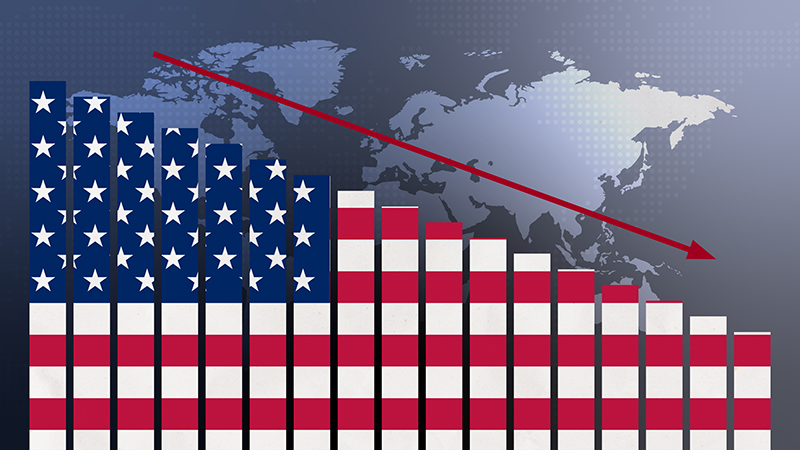While investors remain largely cautious of the banking institutions that brought markets tumbling down in 2008, allocation of capital to Asia has grown tremendously over the past two decades, not least with the expansion of debt markets.
Emerging market debt continues to appeal, despite periodical complaints about illiquidity and growth.
With diminishing probability of near-term US interest rate hikes and renewed appetite for global risk, investors appear again to be feeling confident on prospects for the asset class.
For Endre Pedersen, managing director for fixed income at Manulife Asset Management, the crisis 20 years ago means Asian policy makers are more prepared for downside risks than their Western counterparts, while there remains a “misconception of risk” in terms of Alpha generation in the region.
However, despite the “lessons learned” some two decades ago, the opportunity set has changed with a marked slowdown in North Asian markets, particularly China, somewhat masking other openings in more isolated markets such as Indonesia and Malaysia.
“We are less constructive on North Asia, as the growth engine of the past seven to eight years is slowing; we will feel it in other regions no matter how much money printing the rest of the world undertakes,” he explains.
He picks out investment grade credit opportunities with Indonesian property developers with President Joko Widodo – Jokowi as he is known locally – having impressed with an infrastructure rollout programme.
“Indonesia needs infrastructure spending and the relatively new government is starting to provide that,” says Pedersen.
“It’s a young population with changes afoot with tube lines and regional ports being built. Foreigners own 40% of the local bond market, and are watching positive changes taking place.”











